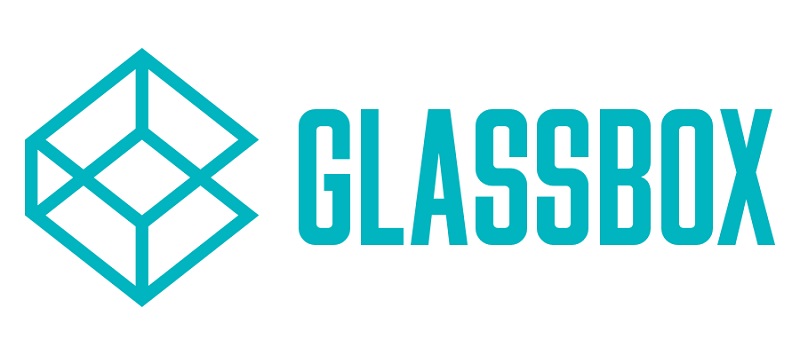
Virtual production software leader Glassbox Technologies has released DragonFly 3.0, an upgrade to its professional, cross-platform virtual camera solution. The all new DragonFly 3.0 is packed with new features that take camera simulation to the next level, streamline the creative workflow, and accelerate the virtual production pipeline for indie creators and studios alike, all with ease and reliability. The new version is available to download as a free 30-day trial from the Glassbox website.
“Virtual production can be a very resource intensive, technical process, which was one of the biggest issues preventing its widespread adoption. Our aim with DragonFly 3.0 was to simplify as many time-consuming tasks as possible and ensure a more creative true-to-life camera experience, that makes it easier than ever for both creative and technology teams to get to the final shot fast,” said Glassbox Technologies CEO Norman Wang.
Here are the new features:
True-to-Life Camera Simulation
DragonFly 3.0 redefines the virtual camera experience by including new camera and lens simulations that resemble real-world scenarios, and a dedicated rendering pipeline that fully integrates with Unreal Engine’s standard viewport rendering. Experience accurate reproduction of physical cameras and lenses virtually, from lens distortion and anamorphic lenses, all the way down to the exact ISO, shutter speed, frame rate, ND filter strength, and aperture. And with an all-new editor window to modify ‘Profiles’, users can control image resolution and color space output, live, on the camera view, or via a checkerboard, achieving a true-to-life-look that will please even the most demanding DP’s and directors.
Mixed-reality Simulcam Mode
With version 3.0, DragonFly becomes an even more versatile virtual camera by adding ‘Simulcam’ capabilities for real-time compositing. Allowing seamless on-set visualization, DragonFly’s new Simulcam model overlays Unreal Engine scenes with live-action media plates simultaneously, letting directors preview CG and live performances immediately. DragonFly Simulcam get’s enhanced by a one-click timecode and Genlock set up, visual status troubleshooting indicators, and native support for the new VIVE Mars CamTrack.
Edit Takes After Shooting
DragonFly 3.0 Review Mode now allows users to change the starting frame or camera settings for already recorded takes. Users can modify the starting frame of camera moves relative to the animation sequence, or even change the whole look of a take by switching to a different camera, lens, and output format. Combining these capabilities gives users a more flexible and efficient Take Editing workflow for iterating on their DragonFly virtual camera shoots.
Time-saving Viewport Recording
Save time when working outside of Unreal Engine with DragonFly 3.0’s new Viewport recording capabilities. Viewport Recording lets you adapt the DragonFly workflow to suit your needs by providing a way to have final renders available as an MP4 file, immediately, without needing to render out camera animation sequences from Unreal as a separate step.
Simplified File Management
Ensuring that large recording directories can be more easily managed, as well as integrated with downstream production pipelines, DragonFly 3.0 simplifies the automated recording naming convention, storing recording files with Shot Name MetaData as a clear-text filename, and automatically creating JSON files containing metadata for the respective shot.
Licensing and Availability
DragonFly can be purchased as an annual subscription from the Glassbox website. Perpetual license options available upon request. Glassbox Technologies also offers floating licenses to make work-from-home collaboration and remote sessions easier.
